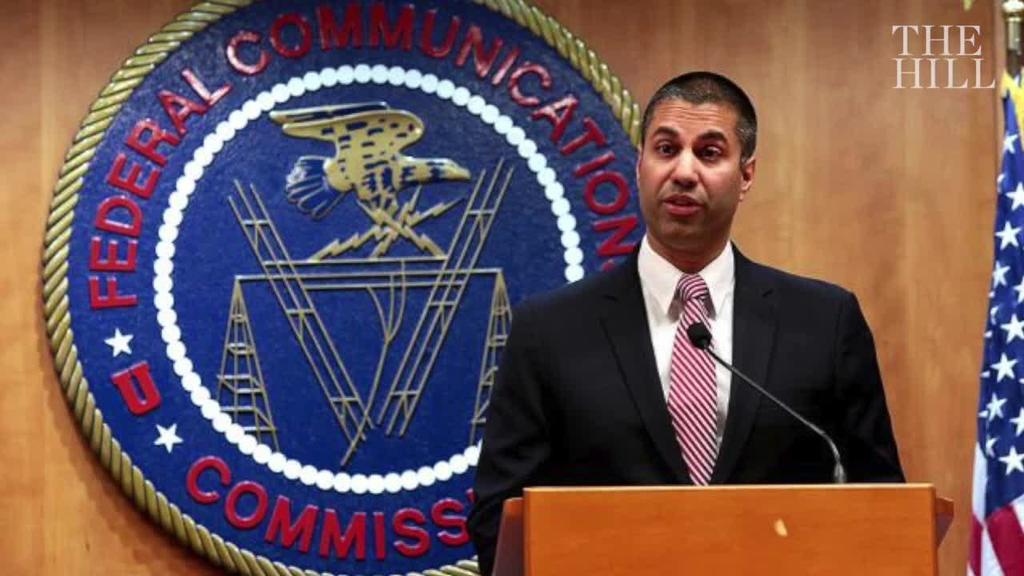On Thursday, the Federal Communications Commission will vote on whether to repeal net neutrality or not.
Net neutrality is the principle that internet service providers should treat all websites fairly, not slowing speeds or charging more depending on the website.
The FCC plans to cancel regulations that have been in place since 2015 to stop internet service providers, like Comcast and Verizon, from favoring certain websites, such as their own. The FCC will vote to roll back these rules in the name of less regulation, which could hurt anyone who uses the internet.
The idea of repealing net neutrality laws is very unpopular with both Republicans and Democrats. A poll of 1,000 Americans conducted by Mozilla and Ipsos showed that 76 percent of Americans, 81 percent of Democrats and 73 percent of Republicans, support the current net neutrality rules.
Repealing net neutrality would end the best thing about the internet – it’s free. Right now, people pay one flat rate and they get access to almost every website, excluding ones that have a paywall. Imagine if the internet was divided into tiers, and you had to subscribe to go on your favorite websites. Popular websites like Twitter, Facebook and YouTube could cost more.
This would hurt small websites, making it harder for them to grow. Internet service providers could slow down websites’ speeds unless they pay a fee. So, while companies such as Netflix and Facebook might be willing and able to pay a fee to keep their speeds fast, your Netflix subscription price might go up, hurting the consumer.
Many of our favorite websites started out as small, poor websites that could exist because of net neutrality. Making it harder for small websites to grow will limit the innovation and creativity that makes the internet great.
The internet is a special resource that has allowed more people than ever to be informed and in touch. Net neutrality protects helpless people from the greed of corporations. Since it’s free, anybody can go to their public library and hop on the internet for whatever reason. To apply for a job, to sign up for assistance, or to an email a relative – the uses of the internet are infinite.
Not only are the people united against repealing net neutrality, so are most websites. They see the power this gives huge corporations over the flow of information. Unfortunately, internet service providers seem to have a lot of influence within the FCC. That’s the only way to explain why five chairmen on the FCC will vote the opposite of the will of the people.
When big businesses, small businesses, Republicans, and Democrats are all against your plan, it might be a bad idea. That’s the most frustrating part of this whole thing. The people voting on this issue don’t care about who it will affect. They’re just doing what they want to do, regardless of who it hurts.
No matter how much people yell, write, call and fight, they won’t get the outcome they want. It’s an example of government failing the people, by pursuing an agenda they have enthusiastically opposed.





![[Both photos courtesy of sonoma.edu]
Ming-Ting Mike Lee stepped in as the new SSU president following Sakakis resignation in July 2022](https://sonomastatestar.com/wp-content/uploads/2024/04/CC4520AB-22A7-41B2-9F6F-2A2D5F76A28C-1200x1200.jpeg)


























